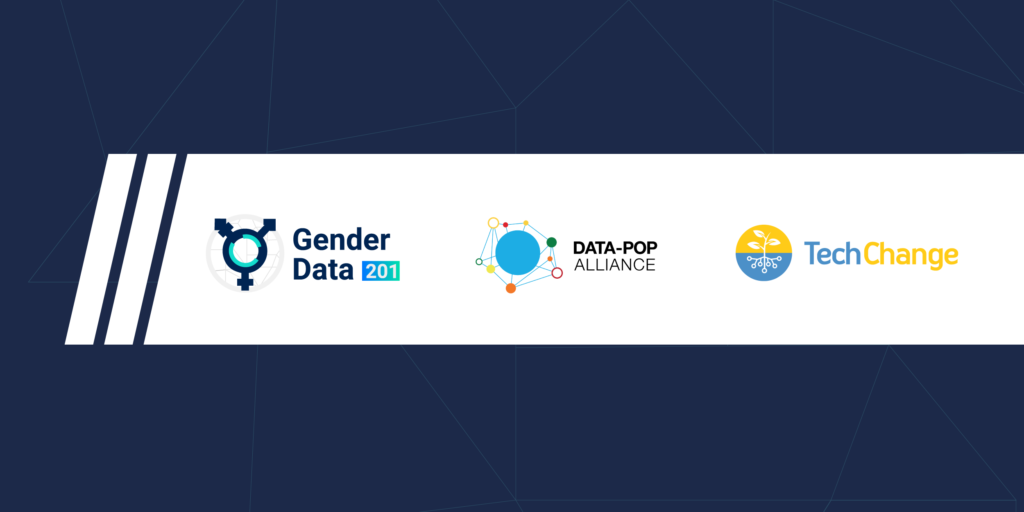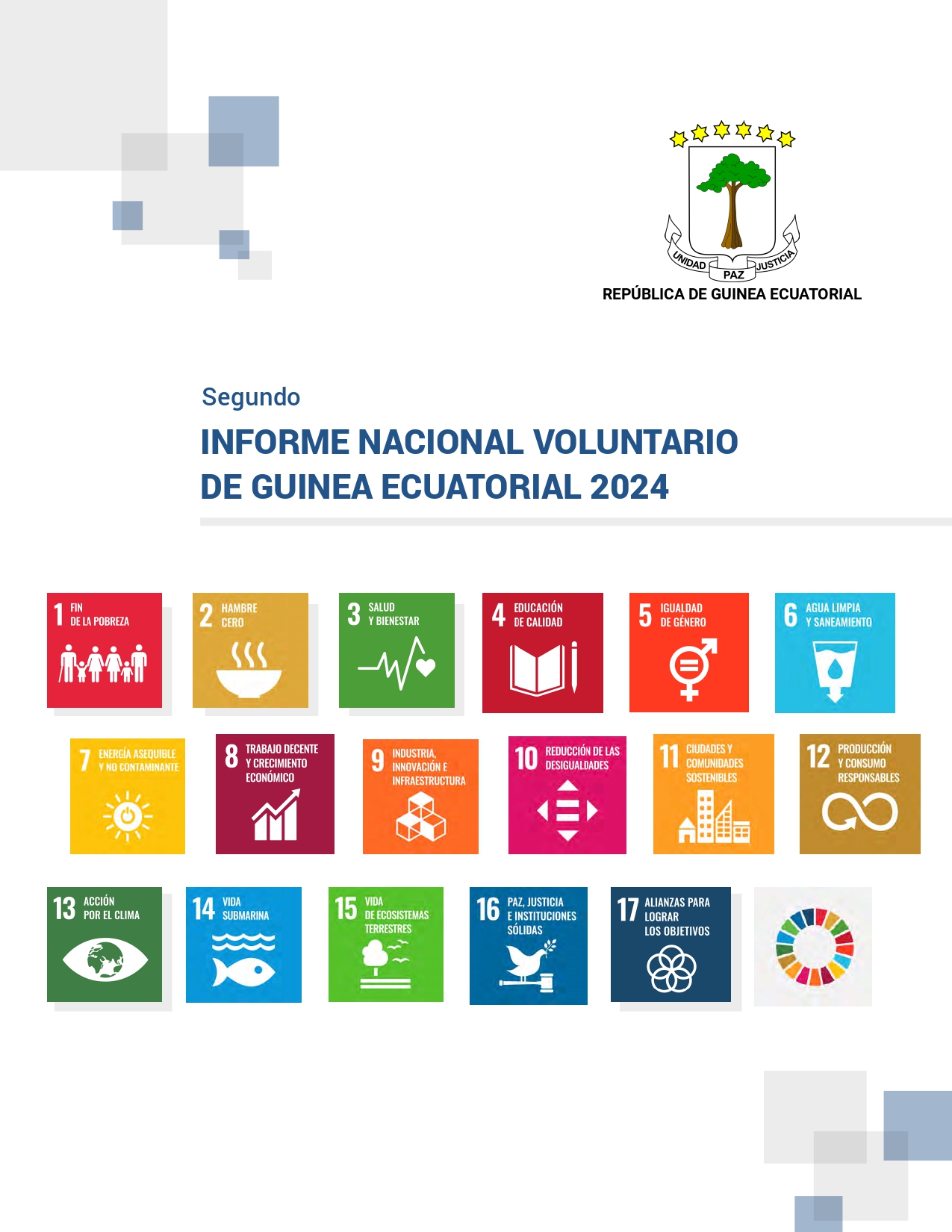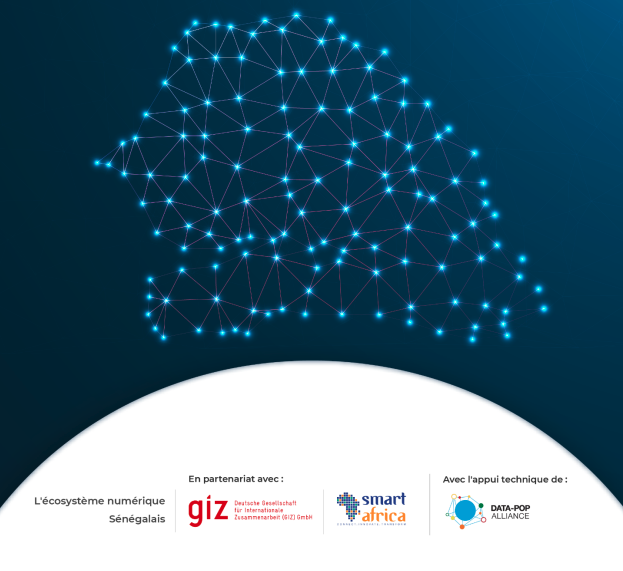
The importance of gender data in public policy development, particularly improving its availability and quality, has become even more evident with the onset of the COVID-19 pandemic. The 2030 Sustainable Development Goals (SDGs) include 80 gender-specific indicators, all highlighting the importance of data to shed light on the progress being made toward gender equality. Currently, despite critical gaps across countries and development indicators, much can be done with available gender data. However, leveraging it requires data literacy skills taught specifically from a gender-sensitive perspective.
At Data-Pop Alliance (DPA), we believe data literacy is vital to not only understand the information and data available to us, but to be able to interpret and use it to inform policy-making decisions and contribute to social change. Which leads to our preferred definition of data literacy as “the desire and ability to constructively engage in society through and about data” (DPA, 2015). This definition entails five key observations:
- “Desire and ability” highlights technology as a magnifier of human intent and capacity.
- “Ability” underlines literacy as a continuum, moving away from the dichotomy of literate and illiterate.
- “Data” is understood broadly as “individual facts, statistics, or items of information.
- “Constructively engage in society” suggests an active purpose driving the desire and ability.
- And “through or about data” offers the possibility to engage as data literate individuals without being able to conduct advanced analytics.
This definition includes thinking about quantitative and technical skills, but also and of equal importance, the ability to blend knowledge from different disciplines (statistics, social science, feminist and ethical studies, etc.) to use the data responsibly and inclusively. These are the main aims of all DPA’s training programs, including the Gender Data 201 course.
Gender Data 201
Gender Data 201 is a free online course we developed with support from Facebook and TechChange (the hosting platform). The objective of the course is to develop a hands-on online learning experience to equip participants with the basic data skills needed to lead gender-responsive advocacy work, decision-making processes, and/or policy design and implementation. Building on the Gender Data 101 MOOC, developed by Ladysmith, the course also aims to foster the creation of a larger international community of gender data practitioners, driving social change through collaboration.
The course has been divided into three modules. The first, “Setting the Framework”, is an introductory module that covers the context and concepts of gender data in development. The second, “Hands-on Technical Training”, walks participants through the different stages of using gender data, so they can practically leverage existing datasets (in combination with other sources) by using new analytical tools. Finally, “Project Laboratory” will guide participants through the steps needed to build a research project that uses data from a gender-sensitive perspective.
This structure allows us to set the theoretical foundation for comprehending gender data, before delving into how to leverage it using different methodologies (with real datasets). Finally, the course provides a practical guide to help the participants understand the different components they must consider when developing a gender data project in their own work.
Moreover, participants will have access to a series of e-learning resources, ranging from interactive online materials to video tutorials and interactive quizzes, thus enabling them to gather knowledge and skills across three main pillars:
- Science-based development and implementation aimed at improving the sustainability of gender data;
- Research focused on assisting policy development to strengthen the unbiased gender data and monitor progress in women and girls lives; and
- Research and development of innovative ways to monitor and measure the impact of interventions in the use of Gender Data.
A Sneak Peak Into the Course's Content
The course’s first video tutorial is a keynote address from Marta Lamas, one of Latin America’s leading feminist academics. Marta Lamas is currently a professor of Political Science at the National Autonomous University of Mexico (UNAM), prolific author and founder of the influential feminist publication Debate Feminista. In 2005, she was nominated for the Nobel Peace Prize.
Other experts from around the world featured in the video tutorials include:
Hilary Mathews (Senior Gender Advisor, Care USA), Diva Dhar (Senior Program Officer, Bill & Melinda Gates Foundation), Cláudia Abreu Lopes (Research Fellow, UNU-IIGH), Manuel Contreras-Urbina (Senior Development Specialist, World Bank), Emmanuel Letouzé (Director and Co-Founder, Data-Pop Alliance), Dilly Severin (Director of Advocacy and Communications, Data2x) and Catherine D’Ignazio (Author of ‘Data Feminism’, Assistant Professor at MIT).
Facilitators from the DPA team include Natalie Grover, Zinnya del Villar, Ivette Yanez and Mateo Rojas.
To watch the panel discussion, “Mind the gap: Overcoming the challenges and leveraging the potential of gender data”, click below:
Is This Course Right for You?
Before registering for the course, consider the following:
- Completing the self-spaced version is estimated to require a total of 16 hours.
- Prior participation in Gender Data 101 is not mandatory to participate in this course. However, skills in using Excel, RStudio, Kepler, and knowledge of python are considered a plus.
- If you are interested in the practical application of gender data for global development, have background knowledge in basic data concepts and tools for data analysis, and are eager to incorporate gender theory into development projects, this course is for you.
To register for the free Gender Data 201 self-paced course, click on the button below.




